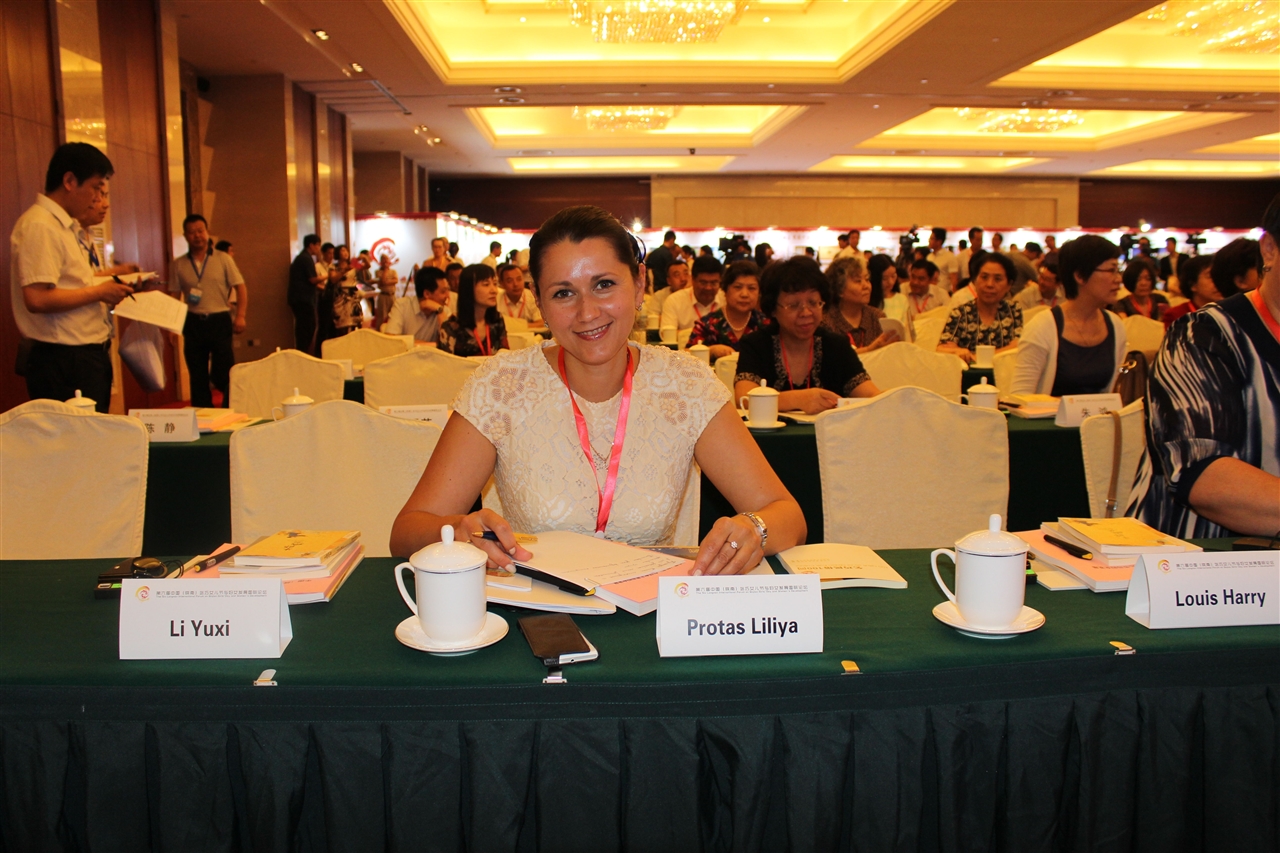From April 26th to 27th, the foreign students’ tea culture experience of Guizhou University was held first in Guiyang city then in Meitan county. Participators were more than 80 students from 10 counties, including Pakistan, Russia, Cambodia, Laos, Vietnam and Thailand.
In Meitan, foreign students picked tea leaves by themselves and took a trip to a ecological tea garden. Yu Mingliang and Ou Yuxin were Chinese names of two Cambodia students. They told the reporter that the planting and drinking tea were also habits in their hometown, but it’s also the first time for them to see such a large-scale tea industry like the one in Meitan.
“Now, less and less young people in Cambodia like drinking tea. I hope I can have the opportunity to introduce the tea culture I learned in China to my friends in hometown”, said Yu Mingliang, a student majored in the international trade and admitted to the economic school of the Guizhou University in 2018.
Adure was a foreign student from Russia, he said that tea were amazing “eastern leaves”. It’s not only a kind of important goods, but also a significant representative in China’s foreign communication.
“Such event organized by the university not only enables foreign students like us to have further understanding to Chinese culture, especially Chinese tea culture, but also let us be more confident to the ‘Belt and Road’ initiative established by the Chinese government. I believe that along with the implementation of the initiative, China’s tea and the relating culture will be more and more popular in the world,”, said Adure, a post-graduate student majoring in enterprise management and enrolled in the economic school of the Guizhou University in 2016.
In the two-day long event, foreign students participated in the tea knowledge and tea ceremony training provided by the Guizhou University; went to the scenic area of “the biggest tea pot in the world” and the Guizhou Tea Industry Museum and experienced picking and making tea.
In the January of 2019, the Meitan Campus of Guizhou University gained the title of “the social practice and culture experience base of Chinese government scholarship” by the China Scholarship Council. Since then, it’s the first time for the university to organize foreign students to experience tea culture, the aim of which was to introduce tea-related culture to them and let them feel the unique attraction of traditional Chinese culture.
Gan Xiaoqin, vice secretary of the CPC committee of international education school of Guizhou University, said that inter-cultural communication events like this could enhance the friendship between foreign students of different countries and regions and help them to be integrated into the cultural environment. In addition, it facilitated the process of spreading Chinese culture, Chinese voice and Chinese story.
